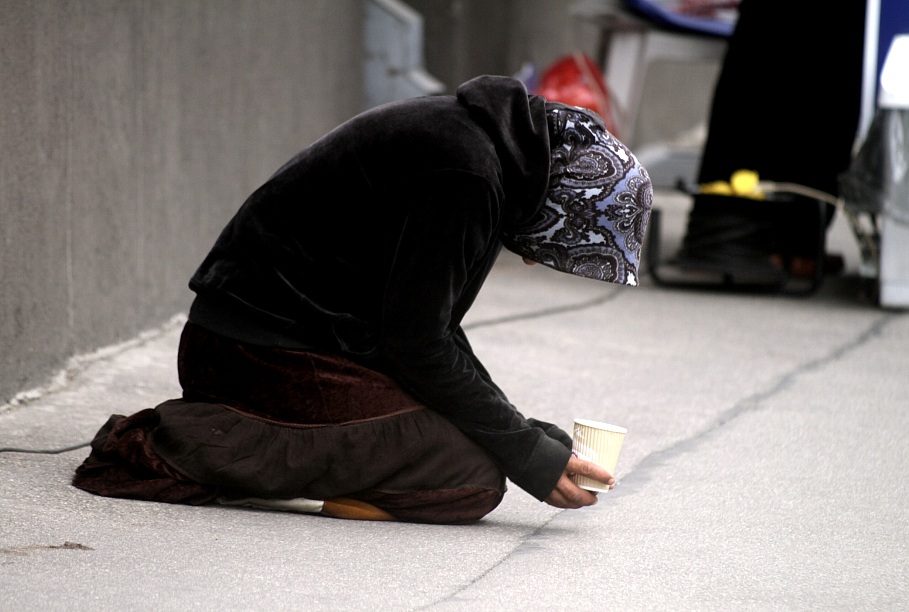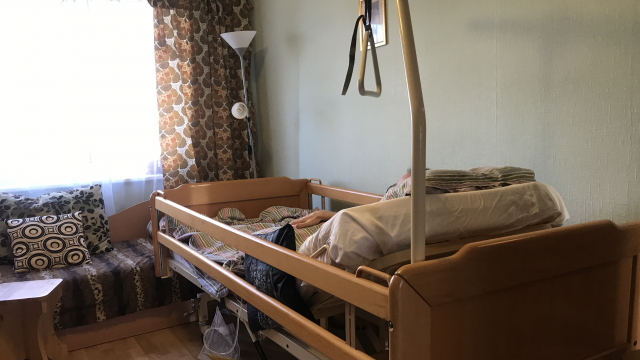In 2008 there were 120,000 people in need - these are people whose income is less than 128 euros a month. In 2014 there were 105,000 such persons, while now the statistic has dropped to 55,000. This is seen to be a good sign, at least in the Welfare Ministry.
"We can say that the situation has become better by looking at the whole country. [..] State benefits have been increased in 2015. We see, statistically, growth in wages and decrease in unemployment. [..]," said Elīna Celmiņa, a representative of the Welfare Ministry.
However, benefit increases in 2015 - just for a few euros - have ensured that many don't qualify as being in need. Employees at the Rīga Social Service said that the 128 euro income threshold to be granted the status hasn't changed for the last 7-8 years.
"Even though wages are increasing, the threshold for being needy isn't. That's why the situation arises where the number of people who qualify for being granted the status is decreasing," said Mārtiņš Moors of the Riga Municipality Welfare department.
People disqualify for benefits automatically if the income threshold, which stands at €128,06, is exceeded by a few cents - for example, the status can be lost if a person donates blood and receives €4 for it on his bank account, though Elīna Celmiņa said that every municipality should review applications individually.
LTV7 also talked with people at social services in Rīga. One old lady, who has been granted the 'poor' status, would actually want to become 'needy' as then she'd qualify for food relief.
Being granted the 'in need' status allows receiving guaranteed minimum income benefits, along with housing benefits and more.




























